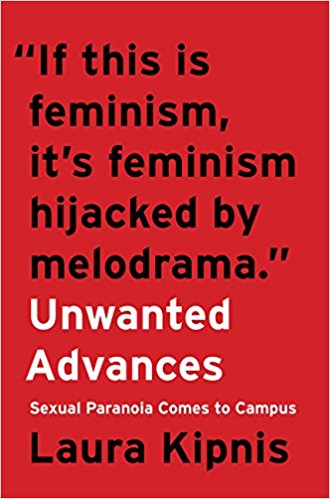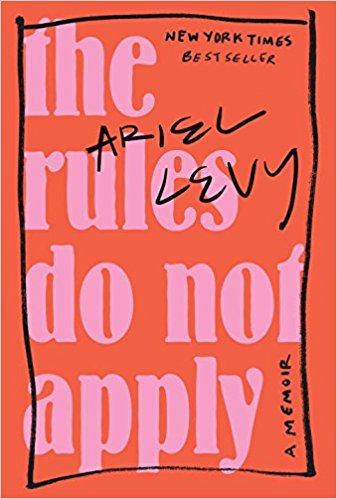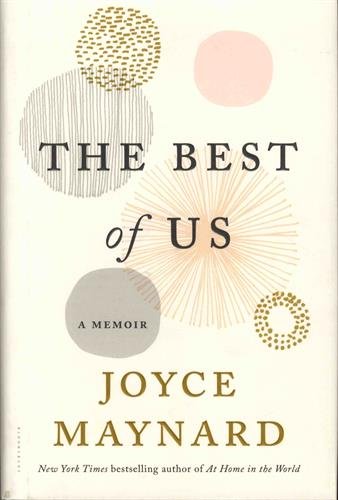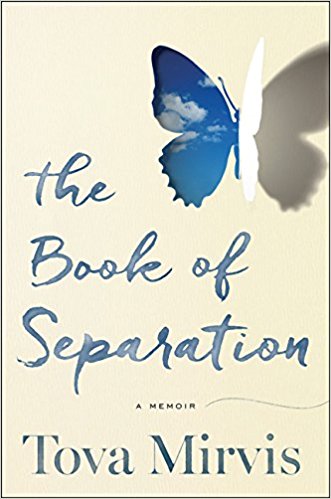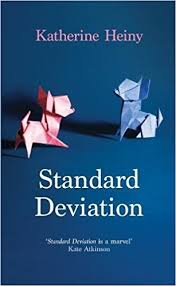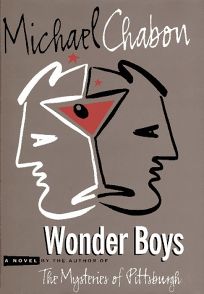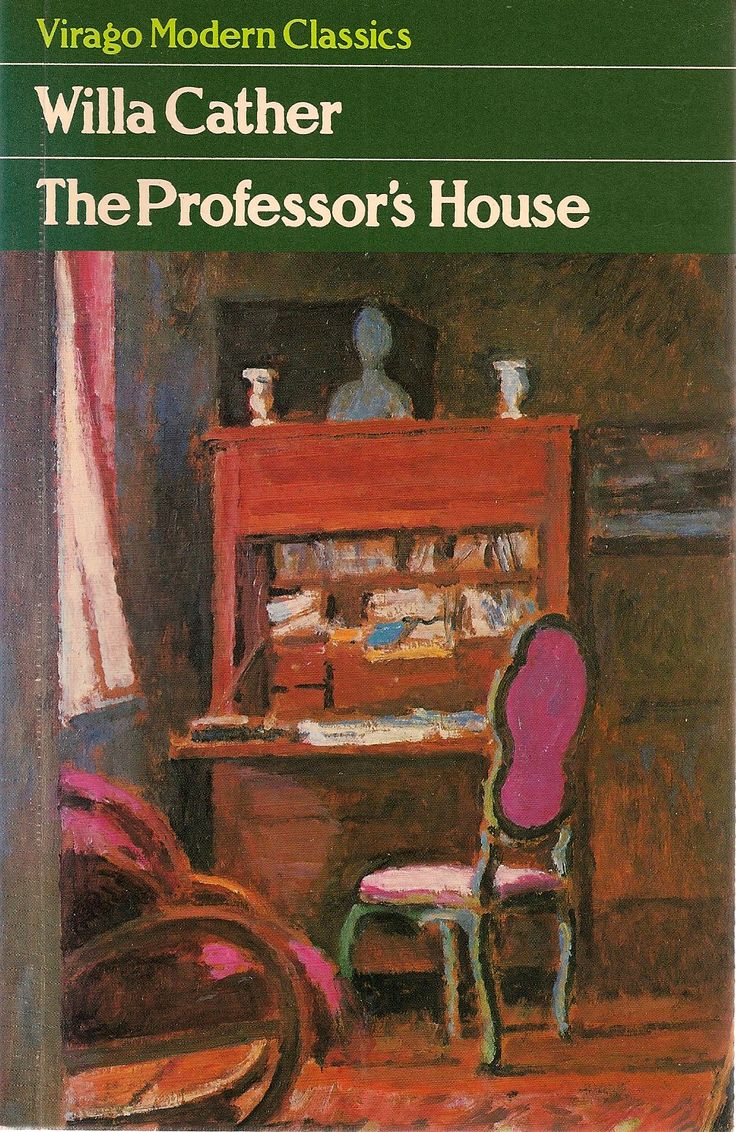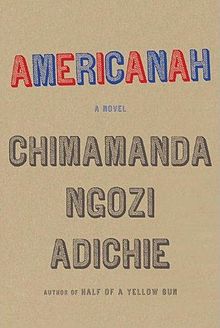"A man ought to read just as inclination leads him, for what he reads as a task will do him little good."—Samuel Johnson
| Reviews | Limericks | Six Words | Buy Nothing |
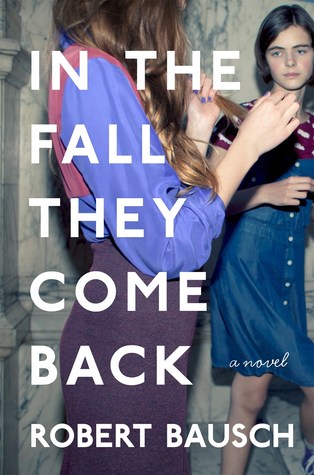 26 December 2017
26 December 2017
In the Fall They Come Back
Robert Bausch
This era of heightened awareness of how men have long used sex to abuse their power over women was probably not the best time to publish a novel whose protagonist is a young male teacher who gets way too involved with his troubled female students. It's set in 1985, in Virginia, in what would now be known as a charter school, but it rarely ventures outside the school building and doesn't convey much sense of time or place. It's well-written, but I couldn't figure out if I was dealing with an unreliable narrator or a clueless author, and either way concluded the novel is probably best appreciated as a study of how little a 25-year-old knows about himself or the world.
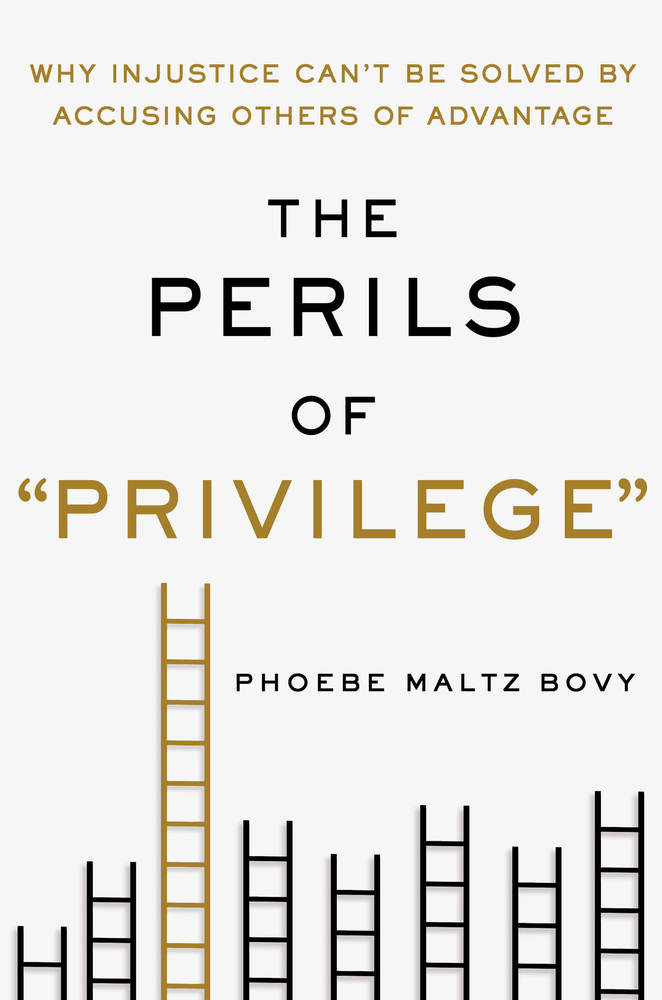 8 December 2017
8 December 2017
Unwanted Advances: Sexual Paranoia Comes to Campus
Laura Kipnis
The Perils of "Privilege": Why Injustice Can't Be Solved by Accusing Others of Advantage
Phoebe Maltz Bovy
Speaking of our long-overdue start at taking sexual assault seriously, I've found these two authors helpful in puzzling out how to uphold the sometimes-conflicting values of freedom, justice, safety, opportunity, and trust. Kipnis has long been a contrarian voice that I don't always agree with but am glad is there. She worries most that in the rush to protect women we'll deny them agency and ruin the lives of men who were guilty of being nothing more than human. Maltz Bovy is a young writer and French literature scholar. This, her first book, is written in sentences that each should have been split up into three or four. It's jam-packed with references to other things to consume (articles, books, blogs, movies), making the reader feel like she's fallen down an internet rabbit hole. But she's a voice of reason, reminding us to calm down, and that, for example, referring to someone with the wrong pronoun is not "violence" and conflating the two serves no one.
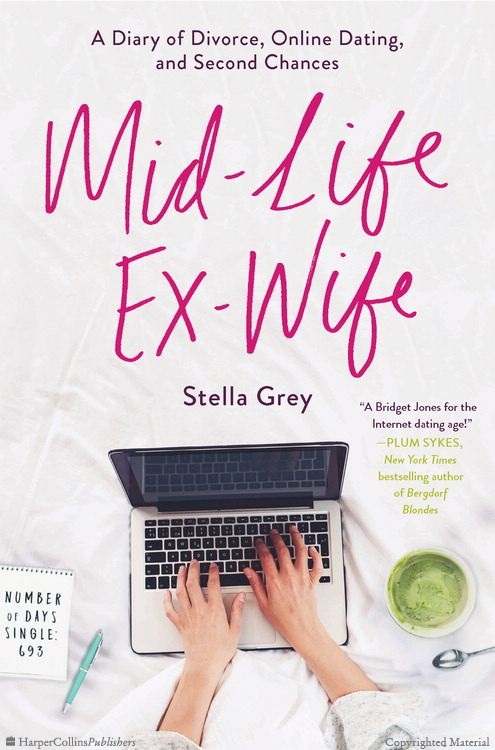 11 November 2017
11 November 2017
The Rules Do Not Apply
Ariel Levy
The Best of Us
Joyce Maynard
The Book of Separation
Tova Mirvis
Mid-Life Ex-Wife: A Diary of Divorce, Online Dating, and Second Chances
Stella Grey
Lately it seems that every book a woman writes about her life is accompanied by an angry magazine piece eviscerating her for having the nerve to do so. Ariel Levy wrote The Rules Do Not Apply, a heart-wrenching story of her miscarriage and divorce, and the New Republic responded by castigating her for her "privilege." Levy has been blessed with talent, she has worked hard to make the most of it, and she has sought love and a family. She is drawn to adventure and unafraid to confront uncomfortable topics (her story includes her affair with someone who is in the midst of a gender transition, and her recollection of her mother's not-so-secret longtime lover). But because she grew up white and middle-class, and travels in circles that don't persecute her for being gay, her critic thinks her story, and possibly even her very existence, is an affront. Joyce Maynard wrote in The Best of Us of finally marrying again after decades of being single, and then quickly losing her husband to cancer. Caitlin Flanagan (from whom we should expect nothing less) pounced on the section where Maynard recounts her failed adoption of two Ethiopian girls, and excoriates her for it. Maynard made a mistake, she owns up to it, and she shares her story, in a book that is foremost about the heartbreak of losing her husband. And yes, the "Us" in the title feels less like evidence of their bond than of Maynard's story eclipsing her husband's. One wonders whether the man facing a painful and untimely death really felt that "we" had cancer, as Maynard frames it many times. But she lays her heart open and keeps you reading. Tova Mirvis, author of The Outside World, on the other hand, writes a more guarded story of simultaneously leaving her marriage and Modern Orthodox Judaism. Her love for Jewish tradition and her chafing at its restrictions are both evident, but she leans a bit heavily on easy metaphors (riding a bike, tasting non-kosher pizza, navigating heavy traffic) as she asserts that leaving was hard, but basically now everything is great. It helps that she has a handsome secular Jewish physician ready to date and eventually marry her. Stella Gray, on the other hand, is cast out of her marriage and into the shark-infested waters of online dating. She's the pseudonymous author of Mid-Life-Ex-Wife, a Guardian column turned into book. I'm not sure why the American edition changed the much-better British title, Heartfix, because neither emphasizing "wife" nor echoing an Eddie Rabbit song added anything to my experience. Grey is a bit naive and certainly far too willing to engage with trolls (the red-pill business is apparently as pervasive in the UK as it is over here), but she's also very funny, warm, playful, and candid, which makes for a book that's hard to put down. You feel for her as she's bruised by the realities of dating again as a fiftysomething woman, especially in the muck of the online world. And you cheer for her when (spoiler alert!) she finally meets the sweet, rumpled, skilled-at-plumbing man of her dreams.
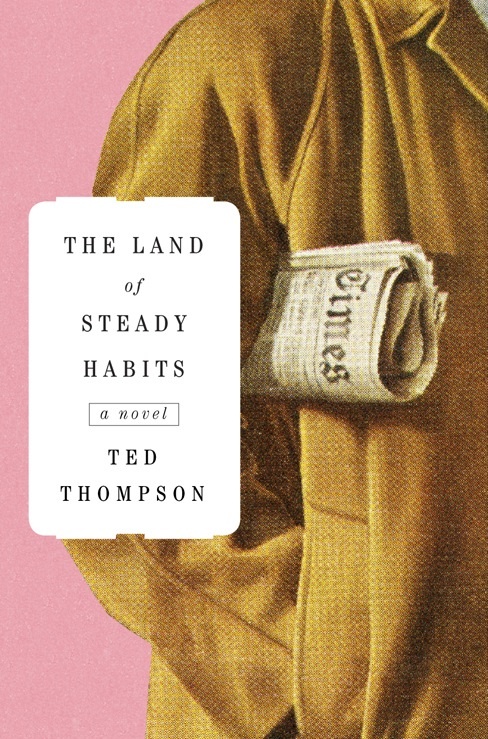 10 October 2017
10 October 2017
The Land of Steady Habits
Ted Thompson
This novel by a young writer reads more like something from the 1990s or possibly earlier. It's well-trod ground—a middle-aged man in a crumbling marriage and stalled career is alienated from his family and friends—but it's kind of neat to see it written by a young person, and with such an assured style. I'm looking forward to more by him.
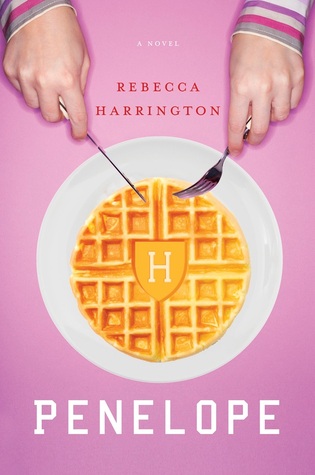 24 September 2017
24 September 2017
Penelope
Rebecca Harrington
If you took The Idiot, set it half a generation later, and removed all the musing on the philosophy of language, you'd be left with this, another story of an awkward Harvard freshman trying to figure out dating and social mores. Like Selin, Penelope is smart and funny, but she's less immediately sympathetic. In fact, Harrington's desert-dry humor leaves you with the uneasy feeling that the joke might be on you. I kept reading it less for entertainment than to try to figure out where it was coming from. And to appreciate lines like this: "If Penelope ran the world, it would be filled with benign misunderstandings, but no one would ever talk for more than five minutes at a time."
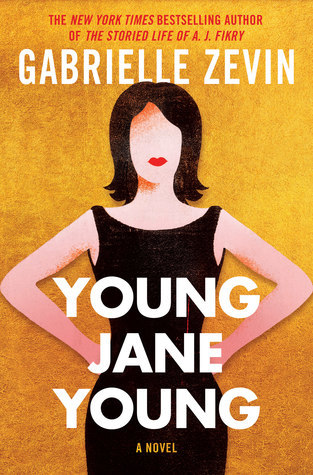 18 September 2017
18 September 2017
Young Jane Young
Gabrielle Zevin
I much preferred this new novel to her last, The Storied Life of A.J. Fikry, which I expected to be another bookshop romance (a genre second in ubiquity only to the bakeshop romance) but turned about to be a maudlin little tale. This one is a lighthearted mashup of the Chandra Levy and Monica Lewinsky stories, imagining what happens to the young woman after she's thrown under the bus by the powerful man.
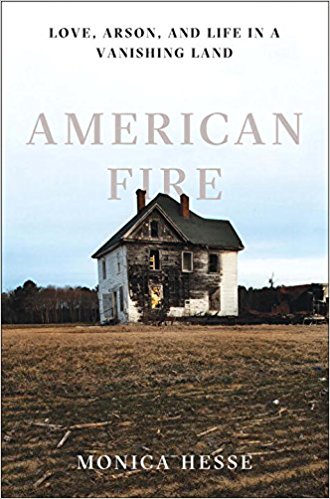 16 August 2017
16 August 2017
American Fire: Love, Arson, and Life in a Vanishing Land
Monica Hesse
Accomack County, on Virginia's Eastern Shore, is at the end of a long economic decline, and local couple Charlie and Tonya are acting out their frustrations by literally setting fire to the town. It's pretty clear from the beginning of the book that Charlie sets most of them, at Tonya's instigation, to impress her and to try to hold her interest. Eighty-six fires are set in five months in 2012, killing no one, because they are set mostly to abandoned buildings, because that's mostly what there is in Accomack County. The community is baffled, the fire department is stretched to its limits, and although everyone knows Charlie and Tonya, no one suspects them. They are finally caught and go to jail, but Tonya never confesses, and Charlie never stops hoping that he and Tonya will somehow live happily ever after. Hesse's book combines the bleakness of a town left behind, the desperation of a simple man afraid of losing love, and the intriguing science of arson investigation, and heats it all up into a satisfying read.
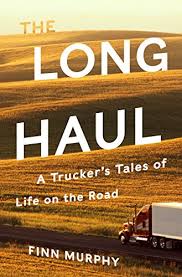 28 July 2017
28 July 2017
The Long Haul: A Trucker's Tales of Life on the Road
Finn Murphy
Murphy is the brother of Atlantic editor Cullen Murphy and the son of Prince Valiant illustrator John Cullen Murphy. He tried college but it didn't take, and he found he had just the right combination of skills to be a professional mover. I hired such a mover for the first time myself recently, and marveled that one person handled the whole thing. Not everyone can carry a queen-sized futon with one arm, pack a van full of chairs, lamps, drying racks, a giant hula hoop, and a unicycle so that nothing breaks, drive an 18-wheeler for hundreds of miles, and coordinate helpers, pickups, and dropoffs. For those who can, it seems the career rewards them generously with money and freedom. Murphy's memoir is a breezy read by an author who is used to cruising along high above the road, setting his own schedule and stepping on the gas rather than grappling with anything too complex (class and race issues are spotted, blown by, and left in the rear-view). I liked the tidbits I picked up about trucking life from this book, such as how most truckers, regardless of politics, listen constantly to NPR because once one out station goes out of range you can just turn the dial until you find it on the next one. Now that he explains it, it's obvious.
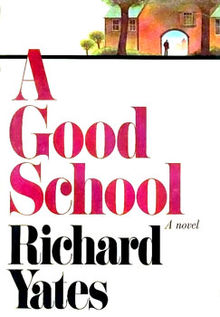 20 March 2017
20 March 2017
A Good School
Richard Yates
I quite enjoyed this little book, perhaps because of its unadorned style. It's about a boys' prep school, set in the early 1940s, just as the United States is entering the war. Dorset Academy, founded by an eccentric older woman and struggling to stay afloat, attracts boys who wouldn't quite fit in elsewhere. The novel offers glimpses into the lives of several of the boys, faculty members, staff, administrators, and families that have ended up at the school. It's clearly autobiographical, and it's interesting to see how the Yates character, a budding writer, is unflattering yet sympathetic. I did have trouble keeping everyone straight, (Gaines, Haskell, Jennings, etc., all white teenaged boys, all in uniform) and the hazing descriptions made me glad I was never a boy. Some of the most tragic events at first seem to be related matter-of-factly, even hastily, but there are dark shadows rippling under the surface.
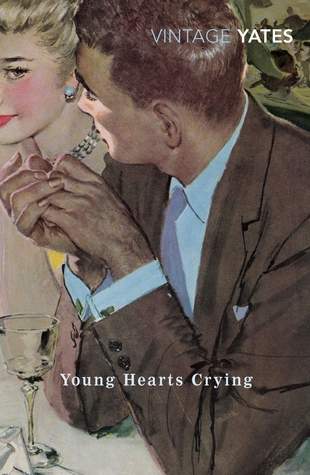 19 July 2017
19 July 2017
Young Hearts Crying
Richard Yates
This is my favorite Yates book yet, better than Revolutionary Road. It has the same themes, of course: post-war working life, marriage, and male midlife crisis. This one extends through the cultural upheaval of the sixties and seventies, and pays more attention to how increased opportunities opened up women's lives (and threatened a lot of marriages). It wasn't that long ago, but the fifties must have been a different world, where a respectable man considered sucker-punching his friends to be an amusing party trick.
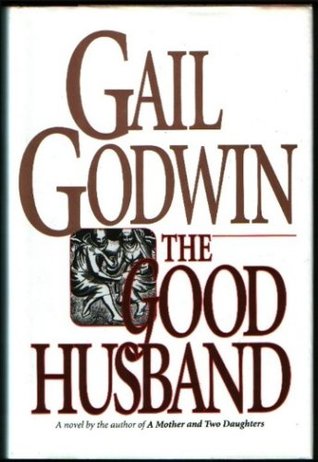 3 July 2017
3 July 2017
The Good Husband
Gail Godwin
It's a publishing novel and a campus novel and a novel about marriage! At the center is Magda Danvers, an English professor with a personality like a force of nature, now dying of cancer and lovingly tended to by her devoted, younger husband who left the seminary for her years ago. Magda's colleague Hugo and his wife Alice are struggling to keep their marriage together after the death of their newborn. Yet for all that, this isn't a sad book at all. It's a deep exploration of character, by a master of the form.
Also by Godwin: The Odd Woman
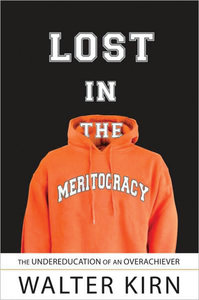 I also really liked Standard Deviation, by Katherine Heiny, about an ambivalently married couple and their autistic son. Michael Chabon's The Wonder Boys is terrific, but you already knew that. After reading Willa Cather's The Professor's House nearly a year ago, I'm still haunted by the settings, both the attic writing room shared with a dressmaker's dummy and the abandoned city on a New Mexico cliff that is the story within the story. For two very different, very good books about feeling like an outsider at Princeton (is that school disproportionately represented in literature, or just in what I read?) I recommend Chimamanda Ngozi Adichie's novel Americanah and Lost in the Meritocracy: The Undereducation of an Overachiever, a memoir by Walter Kirn.
I also really liked Standard Deviation, by Katherine Heiny, about an ambivalently married couple and their autistic son. Michael Chabon's The Wonder Boys is terrific, but you already knew that. After reading Willa Cather's The Professor's House nearly a year ago, I'm still haunted by the settings, both the attic writing room shared with a dressmaker's dummy and the abandoned city on a New Mexico cliff that is the story within the story. For two very different, very good books about feeling like an outsider at Princeton (is that school disproportionately represented in literature, or just in what I read?) I recommend Chimamanda Ngozi Adichie's novel Americanah and Lost in the Meritocracy: The Undereducation of an Overachiever, a memoir by Walter Kirn.
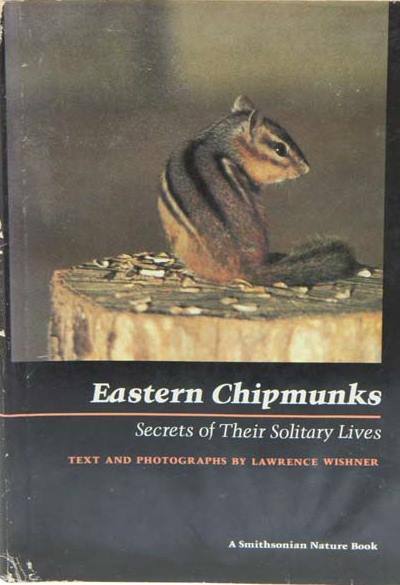 18 June 2017
18 June 2017
Eastern Chipmunks: Secrets of Their Solitary Lives
Lawrence Arndt Wishner
If you read only one book this year on the life cycle and behavior of the chipmunk, make it this one. These speedy little rascals have a devoted follower in Wishner, who spent six years in the 1970s observing and documenting the habits of 108 chipmunks on his property (or their property, as he would have it). Not just cute, they are clean (unlike their lice- and tick-ridden squirrel cousins) and their behavior generally doesn't interfere with human homes or gardens. Each chipmunk lives its life in solitude, spending every waking hour obsessively hoarding food (in many cases, more than it will ever need) and stockpiling it in its underground burrow where it sleeps on top of its cache. Wishner recounts various observations of endearing chipmunk antics, like one stuffing its cheek pouches so full it could barely get into its burrow hole, or another peeling a caterpillar like a banana and eating it. Wishner observed a chipmunk gathering in one day an estimated 928 acorns, which she stored in her elaborate burrow that had at least 30 entrances. He gives all of his subjects names like Fenwick and Lady Cheltenham, and even writes biographies of a few of his favorites. If you are strictly opposed to anthropomorphism this isn't the book for you. Wishner's affection for his subject is plain, and his scientific observations are sound. If you aren't already fond of these funny little racing-striped creatures, this book will make you so.
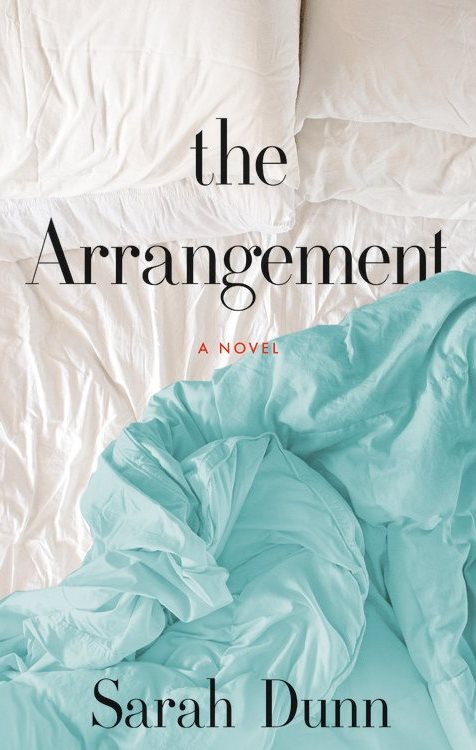 24 April 2017
24 April 2017
The Arrangement
Sarah Dunn
Man, has this been a good couple of months for reading! Normally, only about one out of three books I start is worth finishing, but lately every one has been a keeper. Dunn's third novel is her best yet. It's also the second book I've read recently about a basically happy couple who decide to mess with a good thing. Lucy and Owen, who live in a Westchester–County–style suburb with their autistic son and 17 chickens, agree to a marital rumspringa, giving each other six months to sleep with other people, don't ask/don't tell. It works out both better and worse than one might expect, in sometimes hilarious, sometimes scary ways. The only unfortunate part of this novel is the not-entirely-explicable inclusion of a B-story about a racist, sexist, narcissistic, ethics-free billionaire golfer bully with a trophy wife and small son—exactly the person I read fiction to escape from. It's a total buzzkill every time he shows up. Otherwise, this novel, while maybe not as risky as Next Year, for Sure, is a pleasure both playful and sobering.
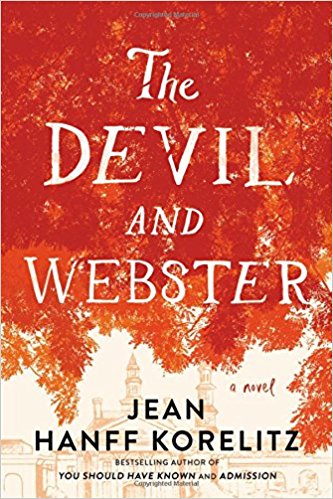 23 April 2017
23 April 2017
The Devil and Webster
Jean Hanff Korelitz
The only Korelitz novels I've been able to get into are the ones that focus on college admissions, a rich source of material. This latest is about Naomi Roth, a former activist who is now the first female president of a small Massachusetts college, and a bit perplexed to find herself in the role of "The Man." Webster has made a long journey, from Indian boarding school to anti-Indian boarding school to frat-boy MBA training ground to its current incarnation as the Oberlin of the East (or "the Harvard of Massachusetts"—this is a witty book). Suddenly everyone's dream school, it's as exclusive as ever, just in a different way (hence the intensity of the admissions process). In this story of a campus protest that began over the denial of tenure to a black professor but grows deeper and broader, Korelitz tries to puzzle out why college campuses have become such fraught places lately. The closest answer, from a character who I thought was going to be a comic figure but who turned out to be the voice of reason: "What we sometimes forget...is how badly young people need to feel their specialness. And one way they feel it is to transmute any kind of discomfort into outright oppression." This book couldn't be called a fair examination; the people of color are more symbols than characters (Korelitz even uses surnames like "Gall" and "Rigor"). I suppose this is some sort of homage to the short story classic as well, but, as always, I prefer to read a novel on its own merits. And this one has plenty. No one behaves perfectly, no one is completely right, and the conservative who is supposed to be the bad guy makes more sense than anyone. More than anything, it's Naomi's story.
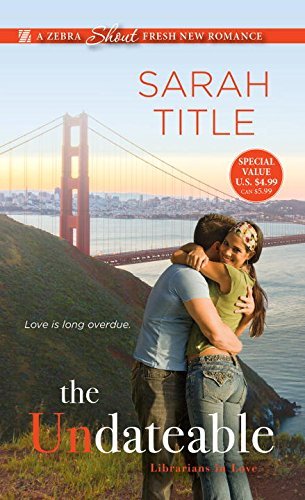 23 April 2017
23 April 2017
The Undateable
Sarah Title
This first in a series of librarian-themed romances is a mishmash of librarian stereotypes, feminist criticism, and romance novel clichés. Bernie the librarian has Resting Librarian Face and composes her outfits by putting on whatever cardigan is cleanest. But why should women have to put on an artifice in order to be attractive? And maybe she's happy being single anyway. Besides, the right guy will like her for who she is. And it doesn't even matter, because she's secretly hot, because this is a romance novel. The up-to-the-internet-minute plot is that her disapproving face has become a meme and a hunky web writer has a plan to save his job by setting her up on blind dates and writing about it. Title (who has the best surname a librarian/writer could dream of) is no Kristan Higgins. But you gotta give her credit for trying. Romance heroines who think that looking more attractive isn't worth the bother of wearing makeup are few and far between.
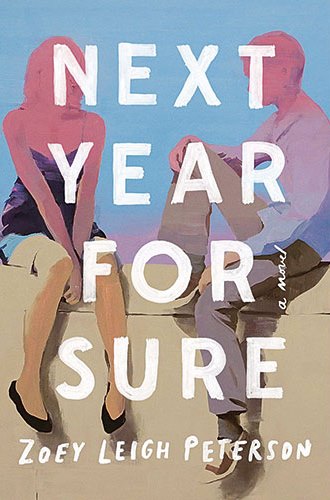 4 April 2017
4 April 2017
Next Year for Sure
Zoey Leigh Peterson
Chris and Kathryn have been together nine years and by their own reckoning are by far the happiest couple they know. But Chris has a history of overlapping serial monogamy, and when he meets Emily he wants to be with her too. Kathryn encourages him to ask her out. Their friends and families disapprove, and Kathryn has many doubts of her own, but her dissatisfaction with her work, among other things, might be dislodged by some exploration on her part as well. I forgave this book a lot, including dialogue without quotation marks and excessive preciousness (couples have their cutesy names for things, and a multi-generational tribe of housemates straight out of an Elizabeth Berg novel dances around singing "Octopus's Garden" after their communal dinner) because it's not every day you find a thoughtful and sympathetic treatment of polyamory in fiction. Neither an advertisement for the arrangement nor a cautionary tale, it's a good novel about lovers and friends and the fragility of happiness.
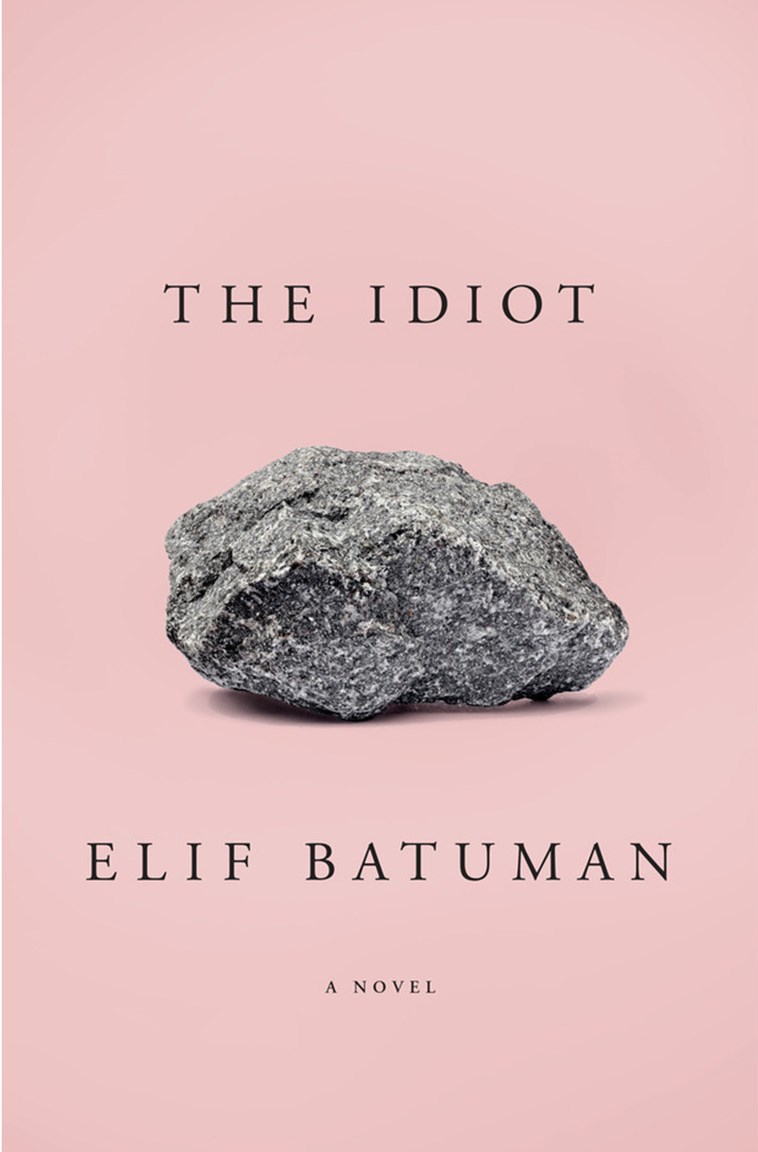 2 April 2017
2 April 2017
The Idiot
Elif Batuman
If you're looking for a plot, you've come to the wrong place, but if you enjoy the company of highly intelligent, introspective women you will not be disappointed. Selin Karadağ is in her first year at Harvard, in the mid-1990s. Over email, which was new to most everyone at the time, she connects with an older student, Ivan, from her Russian class. Selin falls for his mind, or for her idea of his mind. Being inexperienced, she has trouble making sense of the physical desires their connection arouses, and he stresses her out more than anything, but their relationship is so separate from the physical world anyway that when she ends up next to him in line at an airport she isn't even sure if it's him or not. She's on her way to Hungary, Ivan's native country, where she signed up to teach English in an attempt to get closer to him. There's a stopover in Paris with her firecracker Serbian friend Svetlana, the Jessa to her Hannah, who deserves a book of her own. The Hungary section, where Selin's awkwardness, inevitable cultural differences, and basic human weirdness combine, is laugh-out-loud funny. Batuman brings to this novel the same talent for observation and droll humor that she displays in her nonfiction (and I suspect there's very little fiction here at all). If this book could be compared to any other it would have to be Mating, another novel about a very smart young woman who treks to another country for a man who probably isn't worthy of her. But it really isn't like anything else I've ever read, and I am already eager to see what Batuman does next.
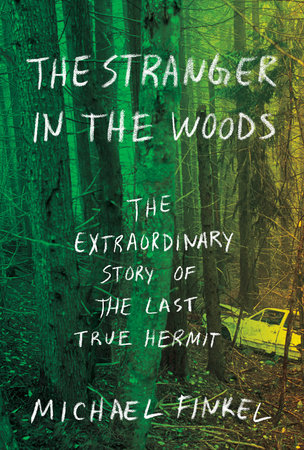 15 March 2017
15 March 2017
The Stranger in the Woods: The Extraordinary Story of the Last True Hermit
Michael Finkel
Chris Knight was 20 years old in 1986 when he drove his car into a Maine forest, left the keys on the dashboard, and set off into the woods with the clothes on his back. He was extremely adept and resourceful, but he quickly realized that he wasn't going to survive long on what he could find and make. He felt strongly that stealing was wrong, but never having been comfortable around other people, his determination to protect his total solitude came first. So for the next 27 years he regularly broke into cabins in the area, hauling back food and supplies to maintain his hidden waterproof home. His discipline and skills are remarkable, and it was hardly an easy life: for fear of being detected, he never built a fire. On the coldest nights he would wake himself up at two in the morning and leave his sleeping bag to walk around to keep from freezing to death. The surrounding community, who lived with the mysterious trespasser for decades, seems evenly divided among those who admire this exceptionally careful and almost considerate thief, and those who resent the peace of mind he stole from them along with their potato chips, batteries, and paperback novels. Finkel supplements the story with a brief history of hermitry and references to the modern "hermit community" (it's mostly found online, naturally), and talks admiringly of those who pursue idleness and reject a culture of hamster-wheel busyness. Okay, but where did everything that Knight used to survive and thrive come from? The stolen Land's End jeans, Game Boys, and Rubbermaid totes? It all came from other people, cooperating with others and toiling away at their jobs. Knight does not excuse his crimes at all; it is others who do that. And perhaps that is his contribution to society, to be a myth come alive. It seems a bit sad that a determined game warden finally caught him, as it's conceivable that he would have survived several more years and passed quietly away, swallowed by the woods, without ever having been discovered. But then we would never have known his amazing story.
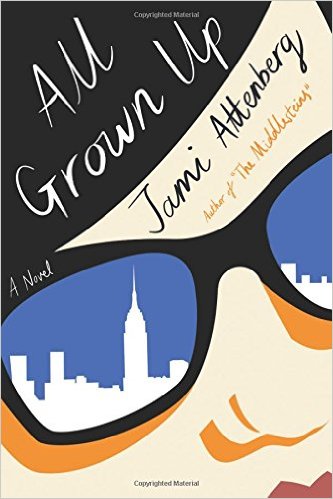 12 March 2017
12 March 2017
All Grown Up
Jami Attenberg
This is less a novel than a series of vignettes, skipping back and forth in time over Andrea Bern's life, focusing mainly on her thirties in New York City. She works in advertising, having started out as a painter and rather quickly given it up, with regret. She hooks up with various men and has no intention of getting married or having children ("because marriage sounds like a goddamn job, and why would I want another one of those?"). She drinks and uses drugs more often than she'd like, and has an uneasy relationship with her mother and brother. Attenberg gets a lot right, such as the garbage women have to put up with and the conflict between making art and making a living, but there's not enough balancing it out. Something must keep Andrea going. Andrea even says, comparing her life to a wealthy married friend's, "...mine is a stew, a juicy, sloppy mess of ingredients and feelings and emotions, too much salt and spice, too much anxiety, always a little dribbling down the front of my shirt. But have you tasted it? Have you tasted it. It's delicious." I believe her. But I want to see more of the delicious part.
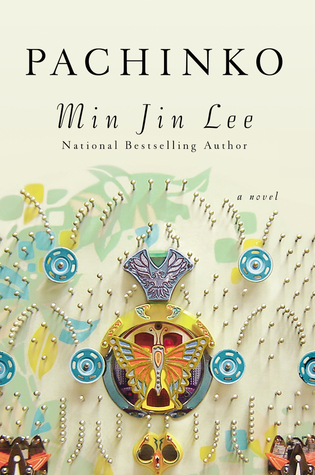 12 March 2017
12 March 2017
Pachinko
Min Jin Lee
I've never been one for historical fiction, and will pretty much reject out of hand anything described as "sweeping", but Lee's first novel was excellent so I made sure to check this one out. It's nearly 500 pages but I devoured it in three days. It's the story of a Korean family, beginning in the early twentieth century when a young girl notices a mysterious older man in the market. This sets the course for the family's life, leading to their exile in Japan and to extremes of both good and bad fortune. Lee has a straight, unadorned writing style that I love and that works well here, as the poverty, racism, and oppression the family suffers speak powerfully for themselves. In the same way, I really like how Lee uses non-English words without translation. She trusts the reader to figure them out from context, or to look them up if necessary, as her writing has no room for any excess. It takes a lot of work to make something so spare and yet so rich.
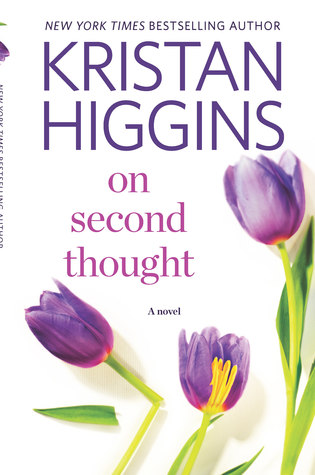 12 March 2017
12 March 2017
On Second Thought
Kristan Higgins
It's been a real pleasure to see Higgins nudge the boundaries of the contemporary romance a little further with each new book. In this, her sixteenth, she takes more risks than ever, with a character who uses his cancer as a bid for attention, a stalker subplot, and some sketchy workplace dealings. Her characters are getting more complicated; not everyone's behavior is exemplary, even the heroine's, but most of it is understandable. There's plenty of the usual romantic fun, but not necessarily leading to happily-ever-after. It's a different kind of satisfying, and, as always, I am looking forward to her next book.
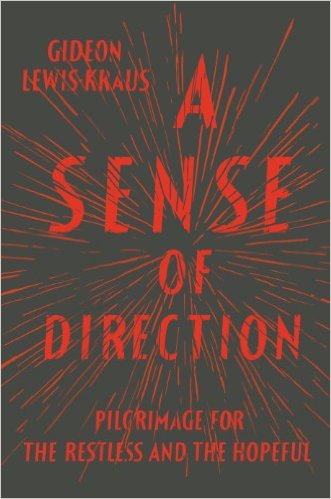 6 February 2017
6 February 2017
A Sense of Direction: Pilgrimage for the Restless and the Hopeful
Gideon Lewis-Kraus
Lewis-Kraus is in his twenties and apparently has the means and connections to pick up and relocate to any city in the world he chooses, which he does regularly. After living a while in Berlin he grows tired of the endless opportunity for intellectually stimulating diversion and decides to focus on modern pilgrimages and the reasons people take them. The section where he walks the El Camino de Santiago in Spain with his friend Tom is as funny as A Walk in the Woods, as he makes light of them, their quest, and the assortment of international characters they encounter. I'm not sure if the other sections weren't as good or if I'd just grown tired of Lewis-Kraus's company. By the time we got to the Shikoku pilgrimage in Japan, a circuit of 88 temples, I was skimming, and even the passages about his rocky relationship with his father, a rabbi who came out as gay in his forties, weren't enough to hold my interest. Still, the first three or four chapters make this book well worth picking up.
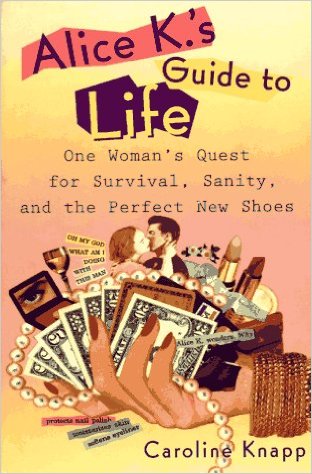 6 February 2017
6 February 2017
Alice K's Guide to Life: One Woman's Quest for Survival, Sanity, and the Perfect New Shoes
Caroline Knapp
Some books you just arrive at too late. I might have been able to read the Harry Potter series if it had been published when I was still a child (I know adults read it, but my tolerance for fantasy didn't survive my teen years. I'm just glad I found The Once and Future King in time. I regret that I never read more Tolkien than The Hobbit). This collection of the late Caroline Knapp's Boston Phoenix columns isn't fantasy, it's just terribly dated. The references to nylon stockings, Morgan Fairchild, and $1.37 muffins are amusing only in a nostalgic way, and I'm not even sure that back in 1994 I would have been impressed by her "women love shoe shopping, amirite?" shtick. We're told that Alice K. can't manage her budget or take proper care of her car because she's a woman. Alice K. lives in a major American city, so why does she even have a car she can't afford? I know this stuff probably seemed a lot fresher 25 years ago, before a glut of writing by women about being single in the city. And some of Alice's bafflement at feminine nonsense still holds up: "Alice K. does not know if she is a summer or a spring or a chilly evening in the third week of October." But other passages read as if they're not only from another time but another planet. Alice K. is dating a male "computer consultant" who reads literary fiction and has a shelf full of Anne Tyler books—which is not good enough for Alice K. Maybe this is fantasy after all.
"There was so much to read, for one thing, and so much fine health to be pulled down out of the young breathgiving air...I was rather literary in college—one year I wrote a series of very solemn and obvious editorials for the Yale News—and now I was going to bring back all such things into my life and become again that most limited of all specialists, the 'well-rounded man.' This isn't just an epigram—life is much more successfully looked at from a single window, after all."—F. Scott Fitzgerald, The Great Gatsby
Copyright © 1996–2026 So Much to Read
Contact: books at so much to read dot com
